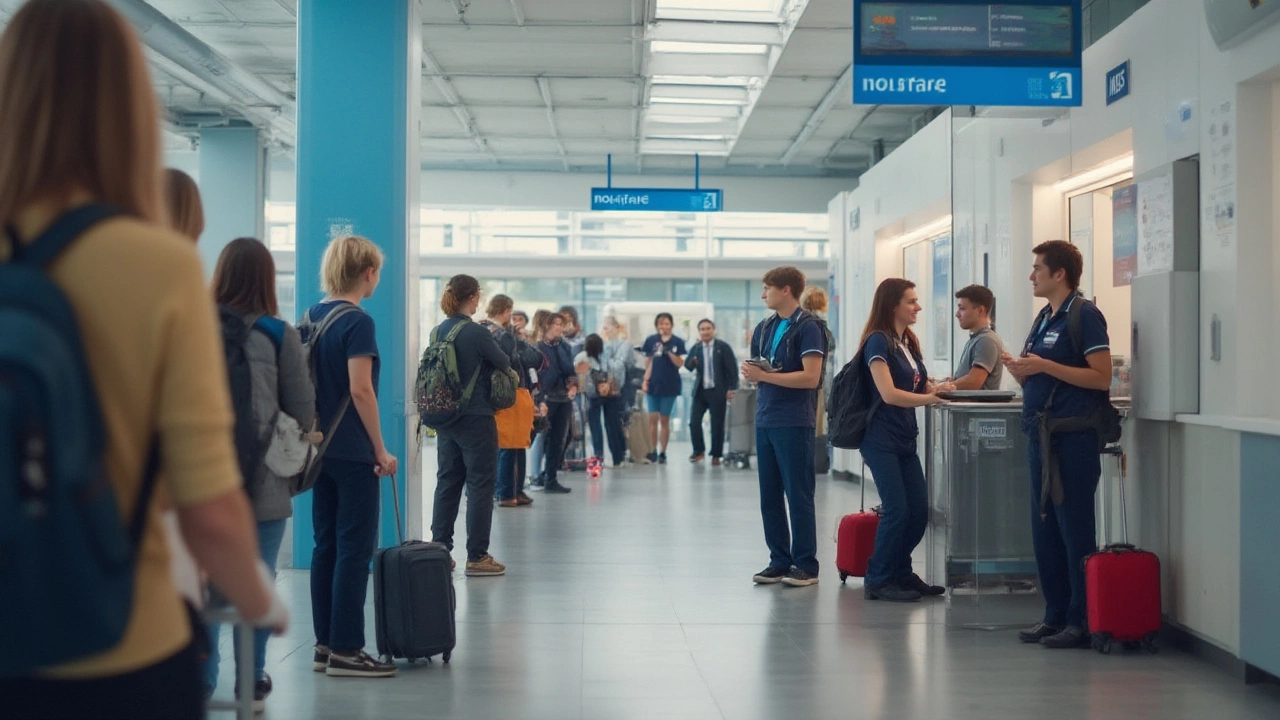NHS Rules for Tourists – Quick Guide to Getting Care in the UK
Visiting the UK and wondering if you’ll have to pay for a doctor’s visit? You’re not alone. The NHS does offer some free services to visitors, but the rules can feel confusing. Below you’ll get the basics: who qualifies, what’s free, what you’ll likely pay, and how to avoid surprise bills.
Who Can Use NHS Services as a Tourist?
If you’re from an EU country, you can still use your European Health Insurance Card (EHIC) or its UK replacement, the GHIC. With that card, most urgent care – like A&E, emergency ambulance rides, and essential treatment – is free. The same applies to visitors from countries that have a reciprocal health agreement with the UK, such as Australia, New Zealand, Switzerland, and a few others.
Travelers without an EHIC/GHIC or a reciprocal agreement are treated as private patients. That means you’ll be charged the standard NHS rates for anything you use, from a simple GP visit to a night in a hospital.
One quick tip: if you’re staying in the UK for more than six months, you can register with a local GP just like a resident. You’ll still need to pay for most services, but having a GP makes follow‑up care much easier.
Free vs. Charged Treatments – What to Expect
Free services (with EHIC/GHIC) cover:
- Emergency department (A&E) care
- Ambulance rides for emergencies
- Essential treatment needed to stabilize a condition
What you’ll pay for:
- Routine GP appointments (around £30‑£50 per visit)
- Prescriptions (standard charge is £9.35, though you might get a discount with a pre‑payment certificate)
- Dental care, eye tests, and most elective procedures
Even if you’re covered by EHIC, a doctor can still charge you for non‑essential services, like a cosmetic procedure or a private‑room upgrade. Always ask before any treatment starts.
Travel insurance is a smart backup. It can cover the costs you’d otherwise pay out‑of‑pocket, and many policies will reimburse you for NHS charges that aren’t free. When choosing a policy, look for “medical repatriation” and “NHS fee reimbursement” clauses.
If you end up with a bill, you can pay it directly at the hospital or GP practice, or you can claim a refund through your travel insurance. Keep all receipts – they’re the key to getting reimbursed.
Bottom line: bring a GHIC/EHIC if you have one, buy solid travel insurance, and ask about charges before any treatment. That way you’ll enjoy your UK trip without a surprise medical bill.
Can Tourists Get Medical Treatment in the UK? Rules, Costs & What to Expect
Curious if you can access medical treatment in the UK as a tourist? Here’s what’s legal, how much it really costs, and what travelers should know in 2025.

